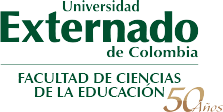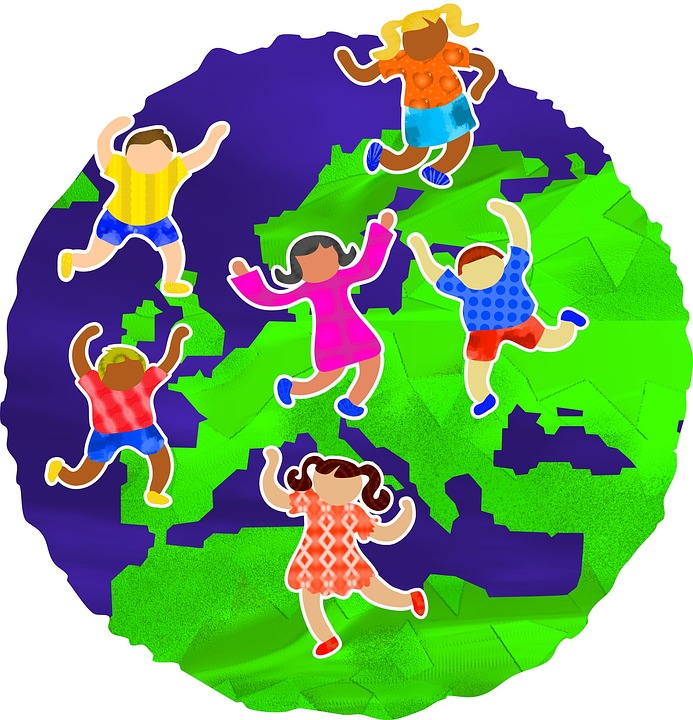14 de diciembre de 2021
What must every future citizen learn and therefore be taught in every school?
Por: Andrés Novoa Martínez
Students face permanent demands of globalization, not always fulfilled by schools. Thus, teachers and institutions need to focus on students’ learning processes to enhance skills, and competences required to face those challenges. Although those needs imply restructuring the school curriculum, its content does not lead students to learn meaningfully. Besides, reaching an agreement to change curricula is extremely complex because teachers’ voices are not always heard, and the curriculum of specific areas shows basic learning that cannot be modified. Concerning competences, schools should be centered on developing and enhancing theoretical knowledge (knowledge), practical knowledge (skills-abilities) and knowing how to be (attitudes) as important pillars for students’ growth and learning.
These competences are related to scientific knowledge, leading to the construction of citizen competences that allow them to live together on respect basis. Thence, teachers have an important role in the configuration of students’ identities, knowledge, and competences that have been highlighted in the debate about basic learnings that are oriented in social, political, and cultural scenarios. Another issue related to the influence of globalization corresponds to the Information and Communication Technology (ICTs) and the knowledge-based economy. Considering the above, Coll (2003) asserted that:
There is less doubt that the participation of children and young people in
scenarios and activities related to new information and communication technologies
like television, telematics networks, multimedia materials, etc. Which have a decisive
impact on their personal and social development and their formative process. Although
school education succeeds in successfully incorporating literacy into new technologies.
which these have functional knowledge of the languages, they use and is able to
successfully use them as methodological resources for teaching, the ubiquity and the
increasing use of these technologies in the most diverse areas of human activity. it
makes them, in vehicles and potential instruments of educational practices
outside, in principle, to school and not necessarily consistent with their objectives and
purposes (pp. 15-56).
Therefore, what every future citizen should learn depends on the consensus between organizing basic learnings in the school curriculum and its urgent understanding. If teachers focus their attention on the proper use the information on the web, they simplify the achievement of the purpose of education. Furthermore, the Ministry of National Education (MEN) has the task of improving and strengthening the information systems of the education sector at all levels, with the purpose of having clear, reliable, and timely statistics on the state of education to facilitate decision-making. Consequently, having robust and reliable information systems contributes to the transformation and modernization of the education sector and becomes a convenient strategy within the efficiency policy outlined in the educational revolution.
The MEN has implemented some information systems that support educational improvement with the implementation of programs such as SIGCE, SIMAT, THE LOGICAL HUMAN SYSTEM, among others, which were designed to ease information in all educational institutions in the country and have greater control or dominance over it.
References:
Coll, C. (2003). La misión de la escuela y su articulación con otros escenarios educativos:
reflexiones en torno al protagonismo y los límites de la educación escolar. En VI Congreso Nacional de Investigación Educativa. Conferencias Magistrales (pp.15-56). Consejo Mexicano de Investigación Educativa, A.C.
Ministerio de Educación Nacional. (2012). SNIES – Sistema de Información.
Ministerio de Educación Nacional. (2012). Sistema de matrícula estudiantil de educación
Básica y media.


